Haemorrhoids & Piles
Treatments
-
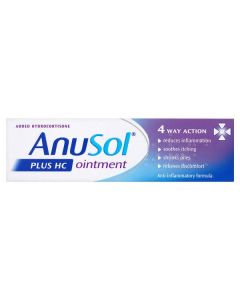 Anusol Plus HC Ointment (15g)From As low as £5.99
Anusol Plus HC Ointment (15g)From As low as £5.99- Treats both internal and external Haemorrhoids
- Relieves symptoms of piles within 7 days
- Also available as suppositories
-
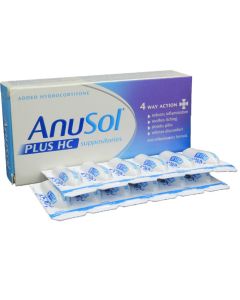 Anusol Plus HC 12 SuppositoriesFrom As low as £5.99
Anusol Plus HC 12 SuppositoriesFrom As low as £5.99 -
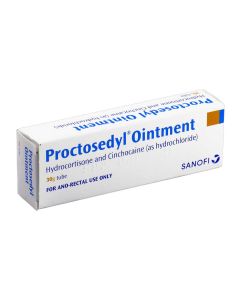 Proctosedyl Ointment (30g)
Proctosedyl Ointment (30g)- Treats Haemorrhoids and Piles
- Improves symptoms wihtin 7 days
- Reduces pain and swelling
-
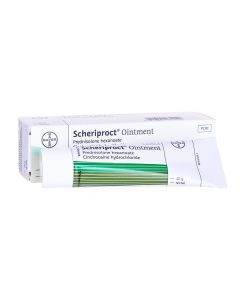 Scheriproct Ointment (30g)
Scheriproct Ointment (30g)- Relief from pain, irritation and itching that is associated with haemorrhoids
- Symptoms should improve within 3 days
- Contains local anaesthetic ingredients
-
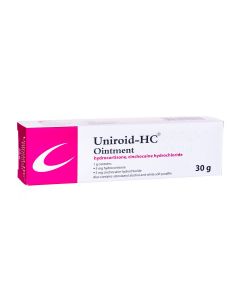 Uniroid HC Ointment (30g)
Uniroid HC Ointment (30g)Buy Uniroid HC Ointment for treatment of Haemorrhoids
- Relieves symptoms of internal & external haemorrhoids
- Effective relief from the pain, discomfort and itching
- Easy application
-
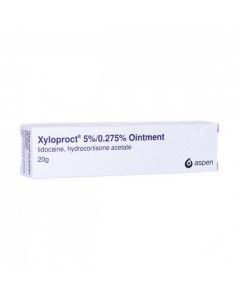 Xyloproct Ointment (20g)
Xyloproct Ointment (20g)- Reduces risk of infection
- Contains both hydrocortisone and lidocaine
- Relieves swelling and discomfort
Doctor Notes
Medicine Direct have an experienced clinical team of doctors, pharmacists and dispensers, all of whom are based in the UK. All are fully trained and qualified to provide appropriate and considered care across all areas of treatment we have available at our online pharmacy.
This means that no matter which member of our team is assigned to your case, you can rest assured that you are in the hands of a highly skilled medical professional, who possesses the compassion and clinical expertise to properly advise you on the best course of treatment.
We are fully regulated
All of our doctors and pharmacists are fully registered with both the General Medical Council (GMC), MHRA and the General Pharmaceutical Council (GPhC). Each member of our team has also worked in various clinic settings in the past, such as community pharmacies and NHS hospitals.

Hussain Abdeh
MPharm: 2211840
Pharmacist
This content has been clinically written and medically reviewed by Pharmacist Hussain Abdeh.
View Profile



